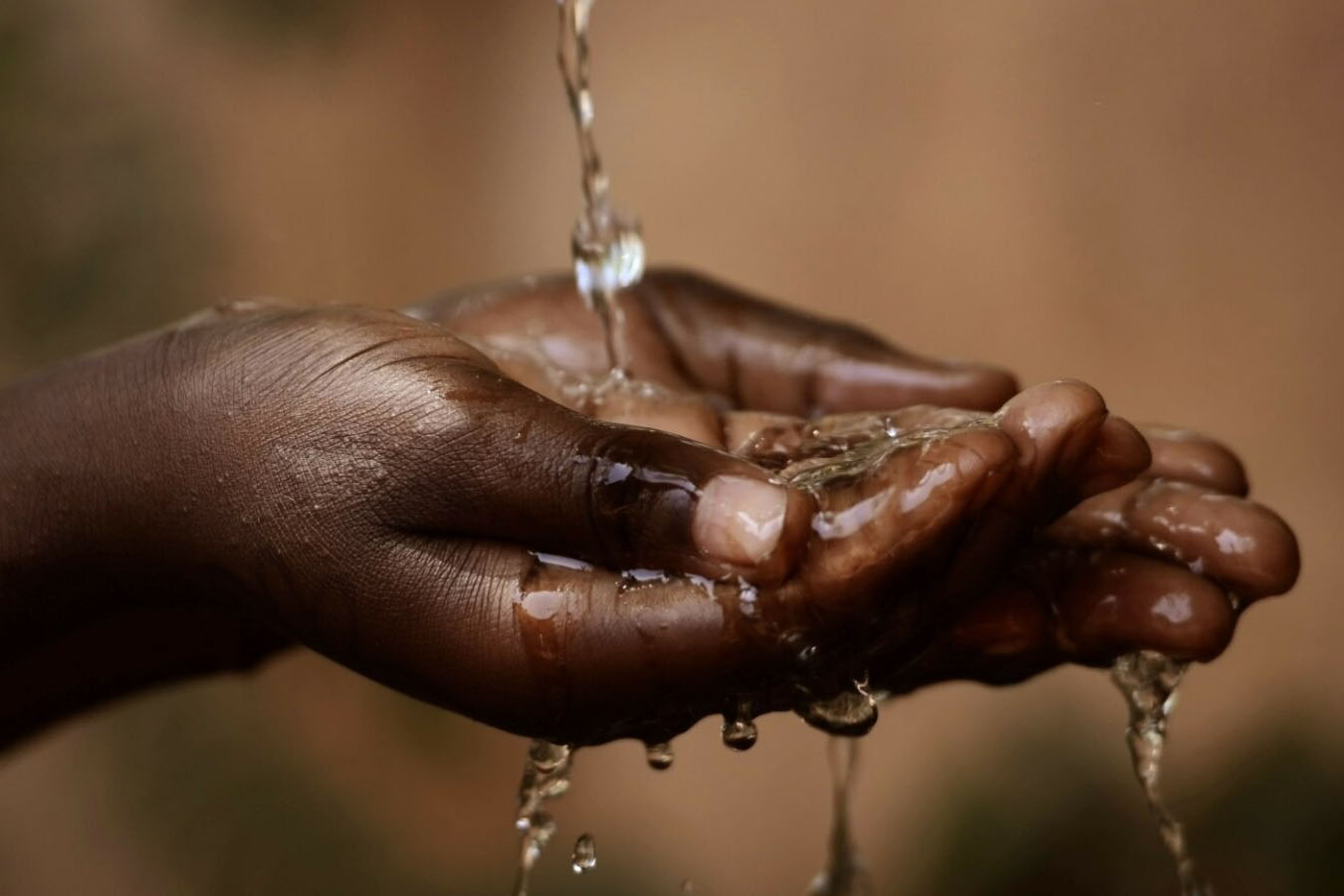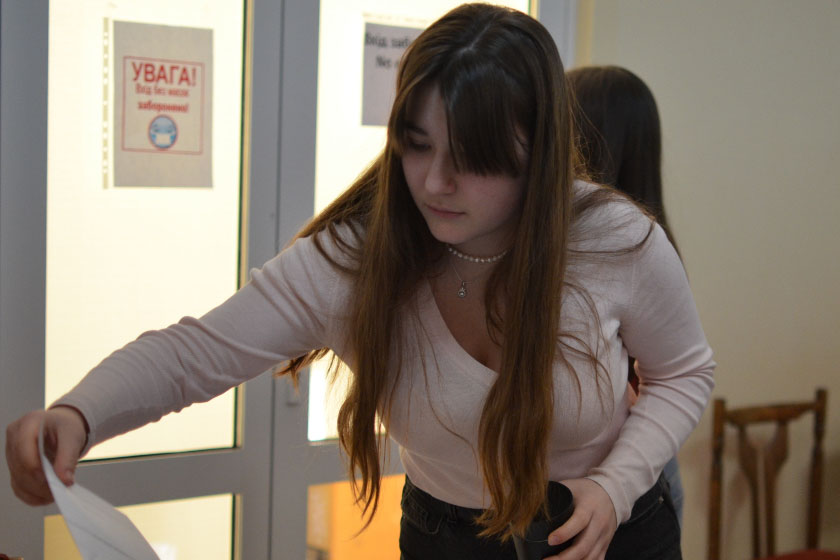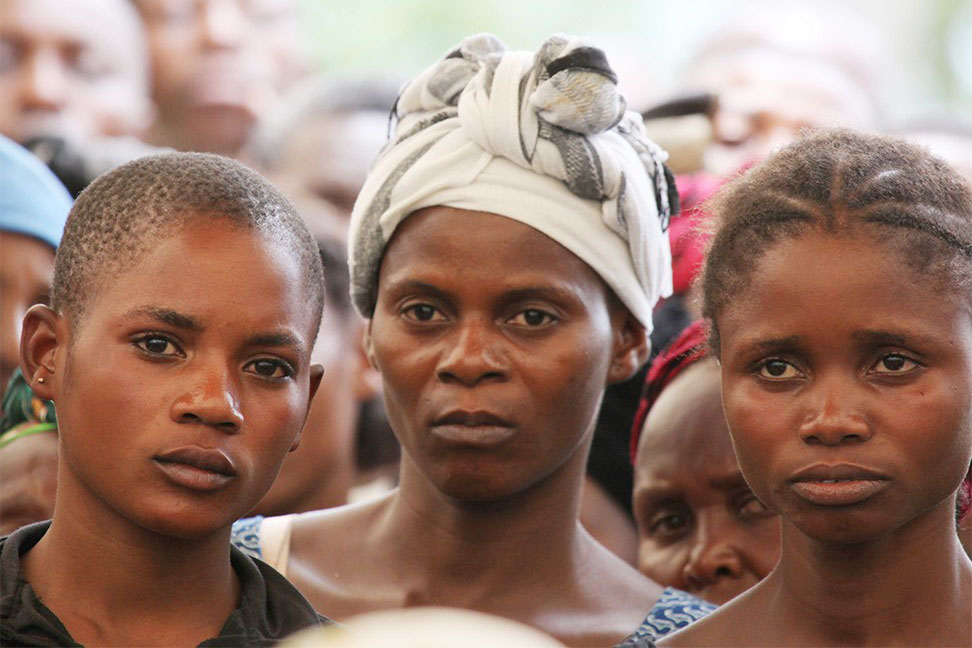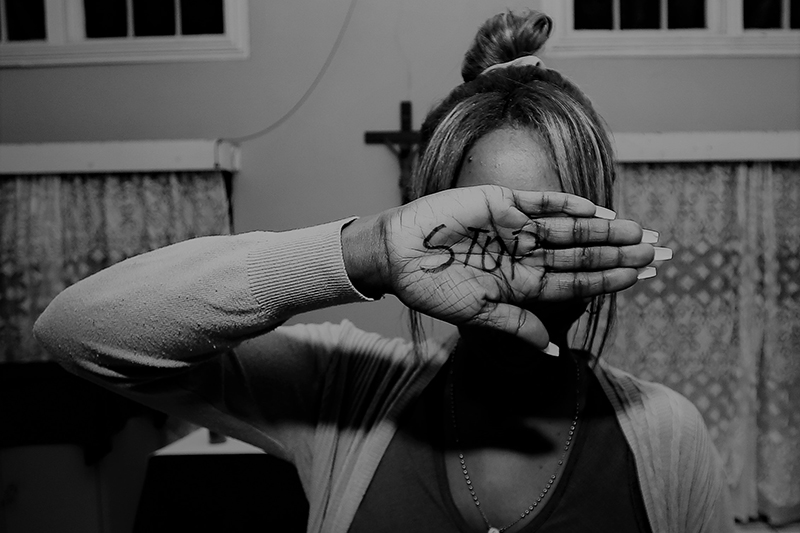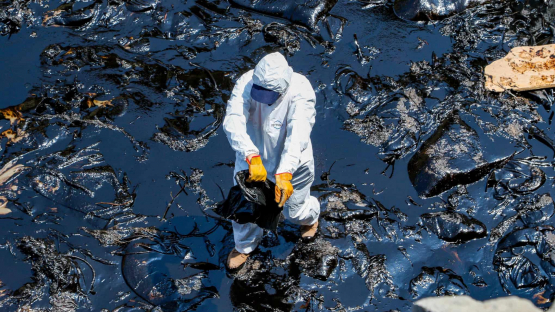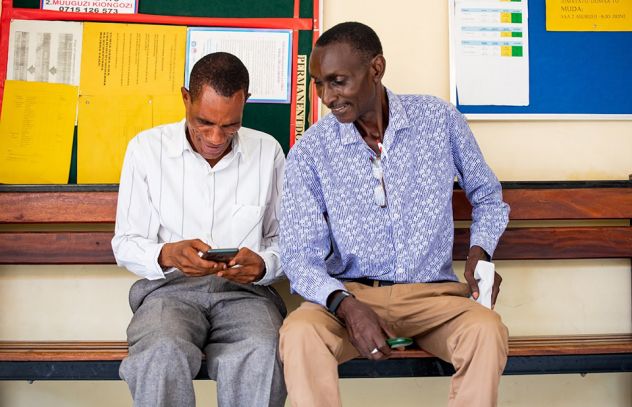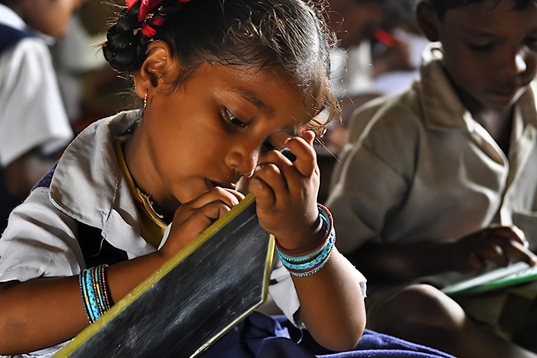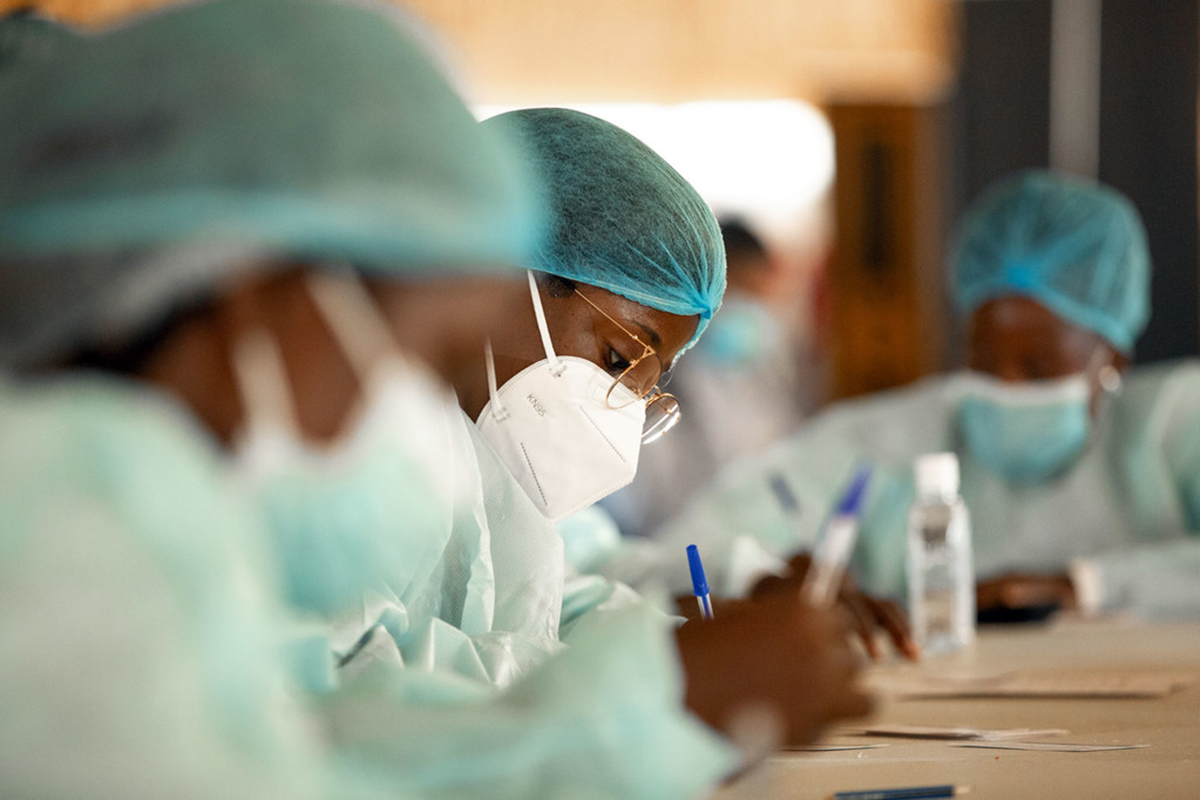Imen Jabli, a young engineer, proves a woman can lead a successful business, while helping the environment and promoting sustainable development. UNIDO showcases women entrepreneurs.
As the population of cities and urban areas in Africa is set to explode in the coming decades, how can we ensure an adequate supply of water for city dwellers?
In 2021, UNHCR challenged students to address the impact of COVID-19 on refugees, refugee women’s rights, refugees’ social inclusion and the use of technology to empower refugees. The best ideas have been turned into LEGO scenes by an artist.
Find out how tomatoes became known for boosting health, food security and livelihoods.
11th-grader Viktoria Kravets has had to set aside textbooks for now and is helping her countrymen as a volunteer registering refugees with Tvory Volunteering Centre, which works with Molodvizh, a peer-to-peer youth organization and UNFPA partner. About a third of her friends and relatives have left Ukraine. But she's staying: "I never thought I would be involved in this kind of activity – helping hundreds of people a day looking for transport to the border or distracting them from horrible thoughts.”
The staff at the Karibuni Wa Mama (Welcome, mothers) medical centre help heal many wounds - physical and psychological, and go even further in healing survivors. The centre is managed by the NGO Solidarité feminine pour la paix et le développement intégral (Female Solidarity for Peace and Integral Development) - SOFEPADI. SOFEPADI was founded 20 years ago by 24 women in Bunia, Ituri, Democratic Republic of the Congo to campaign for peace and to promote women’s empowerment and human rights.
In a country made up mostly of desert, the United Arab Emirates are using innovative technologies to sustainably farm fish, decreasing pressure on ecosystems and meeting the needs of a growing population.
Manuela is a survivor of human trafficking, traded and exploited for profit. Minutes after her arrival from Venezuela, Manuela, who had been promised a decent job, was forced into a van by Trinidadian men and driven to a secret location where other women were held. “Some people kept us in captivity for about a month. They forced us to work (as sexual workers),” Manuela says. “In trying to escape, I ended up getting arrested. I was in prison.” The International Organization for Migration (IOM) advocated on Manuela’s behalf to free her from prison.
Child marriage is a human rights violation that often ensnares the most vulnerable, impoverished and marginalized girls. But it is also calamitous for communities and societies, locking child brides and their families in a cycle of poverty lasting generations. Ending child marriage – enabling girls to complete their educations, postpone motherhood, find gainful employment and fulfil their potential – could generate billions of dollars in earnings and productivity, research finds. This Valentine’s Day, as in previous years, UNFPA calls on the world to end child marriage and brings your attention to these 7 facts.
The International Atomic Energy Agency (IAEA) will send experts and sophisticated monitoring equipment to help Peru assess and limit the environmental damage from a major oil spill in its coastal waters.
Globally, the testing and treatment targets for 2020 were almost reached among adult women (15 years and older) living with HIV. Men living with HIV, however, are consistently faring worse than women across the HIV testing and treatment continuum. Compared to women living with HIV, there are 740,000 more men living with HIV who do not know their HIV status, 1.3 million more men, who are not on treatment and 920,000 more men, who are not virally suppressed. While gender norms that prize male strength and stoicism may partly explain why many men delay seeking care, other factors are also at play.
Based on lessons from the past two years, the majority of countries affected by the highly contagious variant of Omicron are succeeding in keeping schools open with reinforced health and safety protocols. But the continued disruption to education requires bolder measures to recover learning losses. According to new data released by UNESCO, schools are currently open in most countries of the world (135). In a small number of countries (25), schooling has been temporarily suspended by extending the end-of-year break. Only a dozen countries have opted to close schools and pivot to fully remote rather than in-person learning since the outbreak of the Omicron variant.
With the full picture of damage and needs after Tonga’s massive volcanic eruption and tsunami only gradually emerging, what is already clear is that the stakes could not be higher for the farmers and fishers of the South Pacific island nation, living in one of the world’s most disaster-prone regions. With roughly 86 percent of Tongans engaged in agriculture, FAO is extremely concerned about the potential impacts across all agriculture sectors, including fisheries, crops and livestock, even though information is limited, with communications and access remaining severely affected.
Although average global temperatures were temporarily cooled by the 2020-2022 La Niña events, 2021 was still one of the seven warmest years on record, according to six leading international datasets consolidated by the WMO. Global warming and other long-term climate change trends are expected to continue as a result of record levels of heat-trapping greenhouse gases in the atmosphere. The average global temperature in 2021 was about 1.11°C above the pre-industrial (1850-1900) levels. 2021 is the 7th consecutive year global temperature has been over 1°C above pre-industrial levels.
Despite the almost miraculous development of effective vaccines against COVID-19 in 2020, the virus continued to spread and mutate throughout the last year, with much of the blame placed on a lack of effective global collaboration as a key reason for the prolonged pandemic. UN News highlights the Organization’s work in 2021 to address COVID-19, including the UN-backed programme to help developing countries protect their populations against the virus, and the steps taken to prepare for future global health crises.


